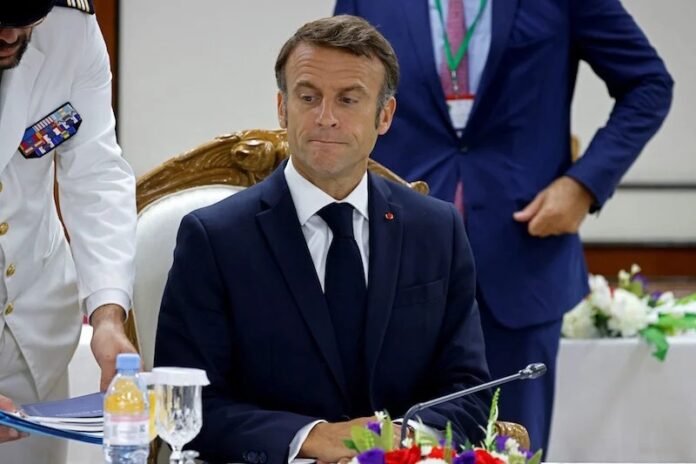In a bold move, the radical left-wing party “La France Insoumise” is seeking parliamentary support to impeach President Emmanuel Macron, accusing him of “serious failures” in fulfilling his constitutional duties. This attempt follows a long-standing conflict between Macron and the left-wing party, along with its allies, the Greens, Socialists, and Communists, after the president refused to appoint their candidate, Lucie Castey, as Prime Minister following the indecisive parliamentary elections in July.
https://www.arte.tv/fr/videos/118587-021-A/il-suffit-de-58-deputes-pour-destituer-macron/
Could this dispute escalate into a major political crisis?
Although the “New Popular Ecological and Social Union” alliance led by the party won the largest number of seats in the National Assembly, it failed to secure the necessary majority in Parliament, leading to a significant division between the left, Macron’s centrists, and the far-right National Rally. In this context, the deputies of “La France Insoumise” presented a draft resolution for the president’s impeachment, stating that “the National Assembly and the Senate must defend democracy against the president’s authoritarian tendencies.”
But does the party really stand a chance of achieving this goal?
The challenges facing the party are enormous; any attempt to impeach the president, according to Article 68 of the French Constitution, requires the approval of two-thirds of the members of the National Assembly and the Senate combined. This number seems difficult to achieve under the current circumstances.
What constitutional grounds does the party rely on?
The “La France Insoumise” party argues that President Macron does not have the right to “make political compromises,” referring to his repeated efforts since July to find a consensus Prime Minister. However, many constitutional experts believe that the Constitution of the Fifth Republic, drafted in 1958 on the assumption that the electoral system would produce a clear majority, is unclear on the path to take in the event of parliamentary deadlock.
Does this move pose a real threat to the stability of French institutions?
Macron justified his refusal to appoint Castey by stating that institutional stability is his primary duty as president. Nevertheless, the question remains whether this justification is sufficient to calm the growing opposition, and whether this conflict could affect the stability of the French political system in the long term.
In conclusion, will this attempt be just another chapter in the political conflict or the beginning of a major change in the French political landscape?


